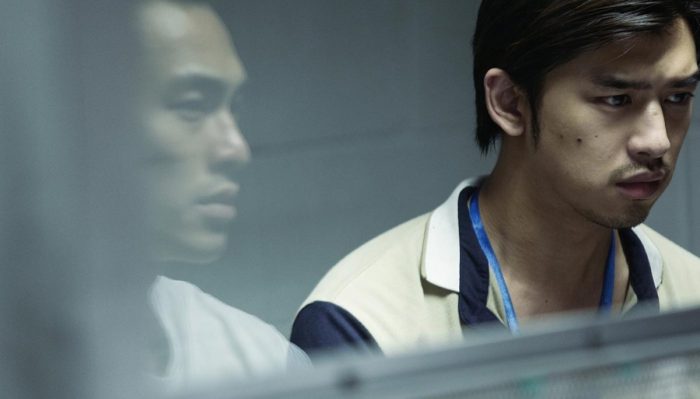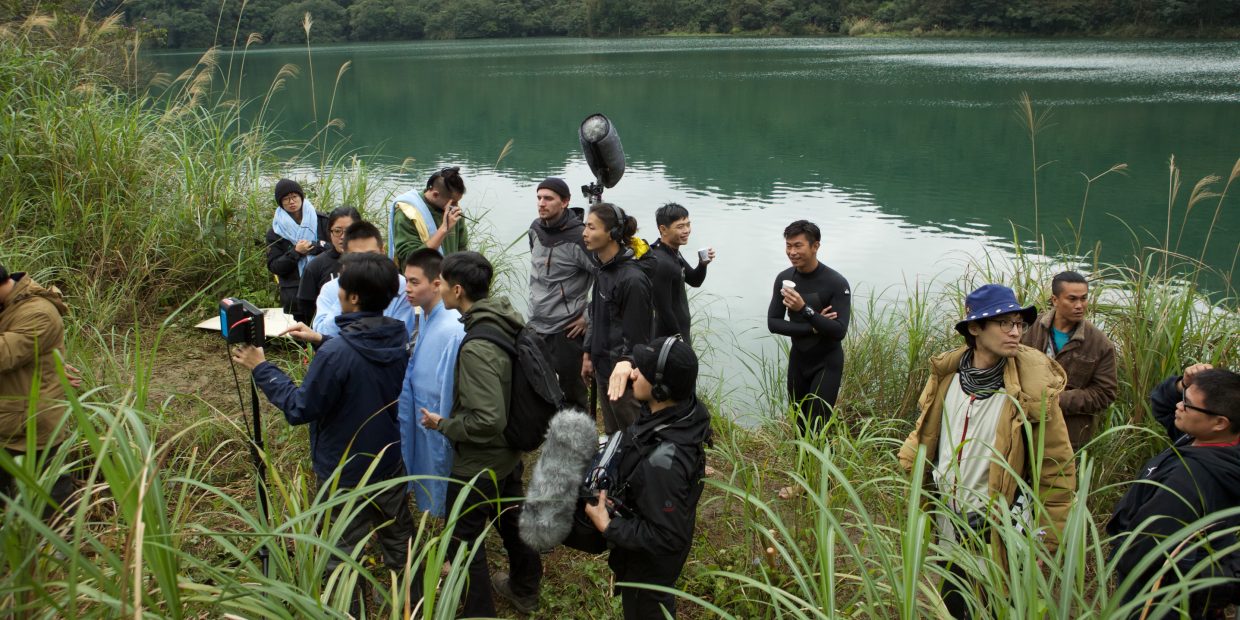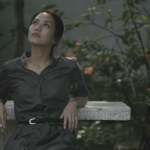Spanning nations and eras to create a melancholic picture of our current times, Asian anthology film Distance casts Taiwanese actor Chen Bolin as three different men whose lonely stories (one in China, one in Singapore and one in Thailand) observe the widening emotional and physical chasms that emerge between family, friends and lovers over time.
The centrepiece of these three elegiac segments is ‘The Lake’, from Singaporean director Shijie Tan. Here Chen plays Chen De Ming, a husband and father who visits his old friend Lin Ren Zheng in a Singaporean prison while reflecting on the more innocent days the two of them spent together as teens.
Speaking to FilmDoo, director Tan discusses his part in this international collaboration and shares his thoughts on the poignant film that resulted.
How did you first get involved in the project?
I knew Anthony (Chen), the executive producer for this project, and he approached me with the idea to participate in a short film anthology, each short work to focus on a particular type of relationship: family, friendship, love. I was immediately interested.
Were these three stories inspired by any cultural or historical factors that western audiences may not be aware of? Or are they wholly universal?
Each of the stories I think speak of universal things. The three major types of relationships in a person’s life are the same everywhere – and so I think audiences anywhere can relate to the characters in the films. That said, these relationships, being portrayed in Asian countries will mean that certain specifics are different – which is a source of interest – but yet it is also these specifics that reveal the same, underlying humanity.

It is implied that the reluctance of Chen De Ming’s father to let his son meet with Lin Ren Zheng at the lake is rooted in homophobic anxiety. Do you feel that there is indeed an attraction between De Ming and Ren Zheng or is this pure paranoia on the part of the father?
In the film, De Ming is coming to realize certain things about himself, and these realizations are private, although his father does have anxieties about what they are. My opinion is that I do think there is a sense of an attraction between De Ming and Ren Zheng. What started in friendship could be going somewhere else, but as yet, in the story, it is not yet formed.
Would you say that De Ming is content in his present day life as a husband and father, or is he living in a state of quiet despair?
Neither. The word ‘content’ is a loaded word – it means someone who has reflected on his life so far, and come to the conclusion that he is perfectly satisfied with the way things are. It is one of those things that you can strive for but is very difficult to be. Now in the present day, De Ming is a new father: this is a source of happiness, but it reminds him of his own father and also his past, which comes back to him in the film. The film shows De Ming dealing with this.
All three segments of Distance seem to lament a lost era. Do you feel any optimism towards the way the world is changing?
In a word, yes: all artistic endeavours are hopeful. The stories, even as they do contain what you sense as a lament, also show hope for better times – and that people must move on. The world has indeed become a scarier place in recent times, but this is exactly the time where optimism is needed – we can, and must, move forward.
Do you have any plans for a solo feature film?
Yes. There are things I want to say and express. I can’t see myself doing this in any other way; the cinema is so immense with possibility. I hope they don’t remain plans and become reality!
Watch Distance on FilmDoo





